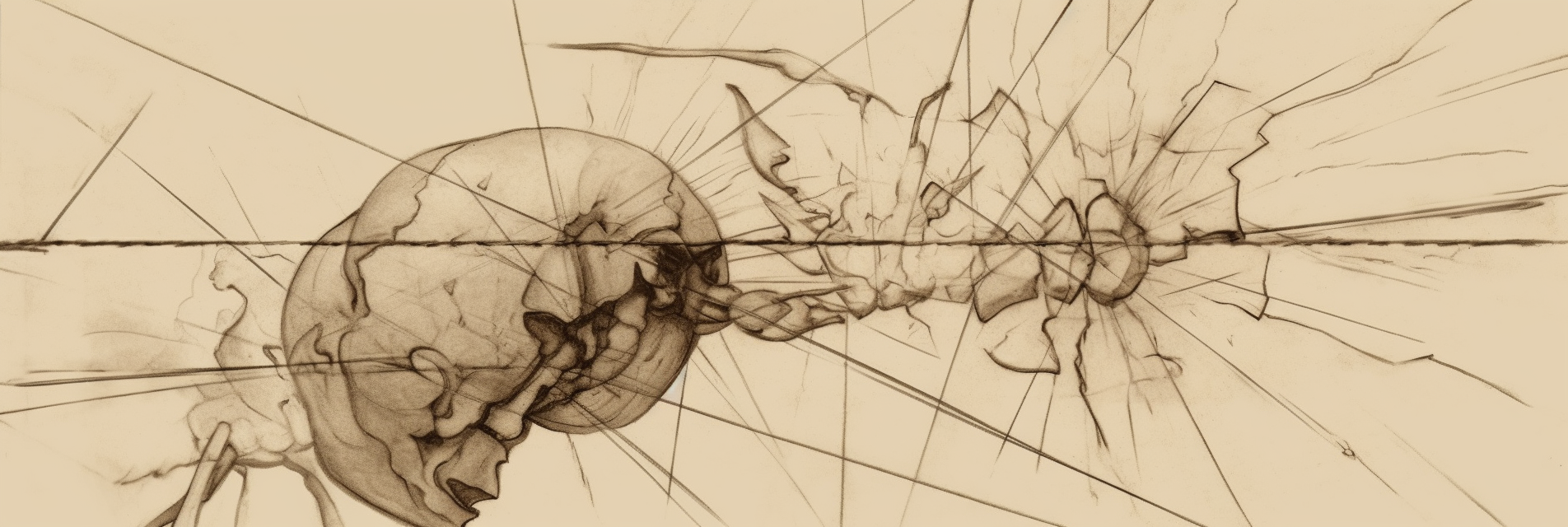Cognitive dissonance: having conflicting thoughts, beliefs, or attitudes, leading to inconsistent decisions and resistance to change. It’s essentially internal hypocrisy—being insightful when it benefits us, but conveniently ignorant when it doesn’t. This trait is common in neurotic individuals.
Neuroticism, a personality trait, reflects how much distress, threat, and insecurity a person perceives in the world. As civilization advances, neuroticism rises due to shorter attention spans, resulting in anxiety and desperation when desires are unmet. Additionally, the traditional Christian value system is eroding, robbing people of a meaningful foundation.
Addressing cognitive dissonance requires more than superficial agreement or conceding points. It demands examining the vast disparity between our beliefs and reality.
Identity Crisis,
a period of uncertainty and insecurity where one’s sense of identity is challenged. Our beliefs are deeply intertwined with our identity, making us feel personally attacked when they are questioned. Detaching ourselves from our opinions allows for a more objective perspective. For instance, as a Catholic, hearing accusations of corruption in the Church can trigger defensiveness or open-mindedness. Viewing the discussion neutrally fosters effective dialogue, avoiding emotional or personal confrontations.
Similarly, when loved ones criticize our romantic relationships, we often take offense because our identity is intertwined with that relationship. Investing immense attention and resources into it makes our self-worth dependent on its success. Hence, being dumped can lead to self-doubt and disappointment. Correlating relationship health with personal happiness always leads to eventual disappointment and fallout.
How to build “Identity”
Our sense of identity requires stability, concreteness, resolution, rootedness, and unwavering confidence. Achieving this demands multiple pivotal experiences that shape our decisions and solidify our identity. The real world doesn’t care; it’s not a classroom or a safe space. Likability, wealth, and respect aren’t obtained through demands. Each decision made either brings us closer or takes us further from the person we aspire to be. Previous decisions influence subsequent ones, making it harder to choose wisely after a wrong decision and easier after a right one. This pattern is evident in forming or breaking habits, which take weeks to manifest and become subconscious aspects of ourselves. The decision to speak up follows a similar path. Not expressing our beliefs deepens the hole we’re in, making it progressively harder to speak up. This phenomenon is exemplified by the current political landscape, such as the movements of Feminism and Black Lives Matter.
Discover virtue
Throughout history, people have chosen silence when they should have spoken up out of fear of loss or consequences, inadvertently compromising their future selves. As Jordan Peterson aptly states, “staying quiet when you have something to say is a lie.” By remaining silent, corruption is allowed to thrive and grow unchecked. In such situations, silence is not just cowardice, but also selfishness.
These truths transcend fields, professions, eras, genders, religions, and goals. I don’t dictate how individuals ought to live their lives; rather, I inform them of the inherent laws that govern human existence. We are bound by a set of rules, and by applying the timeless Scientific Method, we can deconstruct circumstances and address our problems effectively.
However, protesting or posting on social media won’t resolve Becky’s identity issues, and seeking temporary distractions or pursuing casual encounters after a breakup won’t solve Kyle’s identity crisis. These attempts merely paper over deeply rooted cracks. Avoiding the pain of fixing these issues perpetuates the problem rather than finding a lasting solution.
